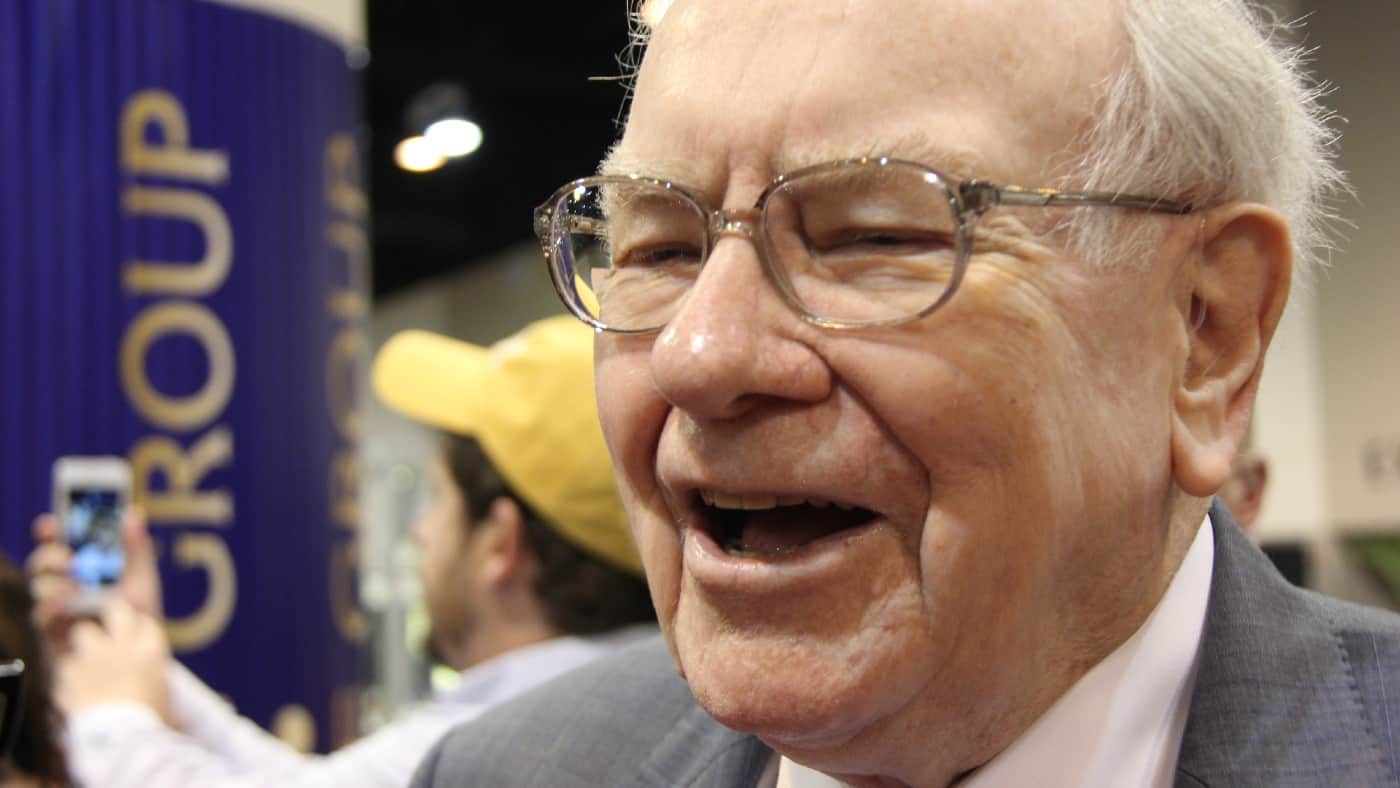I know it might appear a little cheeky to take issue with probably the world’s most successful investor. After all, Warren Buffett is said to have a wealth in excess of $100bn and I’m worth, well, considerably less. However, please let me explain.
Share buybacks
Buffett is the chairman and chief executive of Berkshire Hathaway. Over the past two years, the company has spent in excess of $30bn buying its own shares. If I was a shareholder, I would have preferred this surplus cash be used to pay a dividend.
Share buybacks are all about improving earnings per share, which is a key metric for management. However, they often do little to enhance shareholder value.
A simple example
Assume a company, making a profit of £2m each year, has surplus cash of £8m. With a market cap of £40m and 10m shares in issue, our fictitious entity will have a share price of £4.
With the spare cash, the company purchases 2m of its own shares. By using £8m of its reserves, our company’s stock market valuation should fall by this amount, leaving the share price unchanged.
However, earnings per share will increase from 20p to 25p. The management team will be looking for a bonus as a reward for this 25% improvement.
But, the shareholders get nothing. They own a greater proportion of a company that has gone down in value. Before the buyback, an investor with a 10% shareholding had a stake worth £4m. The same investor now owns 12.5%, which is also valued at £4m.
Why not pay a dividend instead?
Alternatively, paying a £8m dividend would give a return of 80p per share. The company’s share price should fall to £3.20, a reduction equivalent to the dividend paid. This is what happens when a company goes ex-dividend. The value of a 10% shareholding has fallen from £4m to £3.2m, but the loss in value is matched by the dividend received.
The principal difference between a buyback and paying a dividend is that the shareholder has cash in their hands. Cash today is worth more than a promise of the same amount in the future. That’s why I wish companies would stop purchasing their own shares, on the whole.
Timing is everything
But, Warren Buffett appears to disagree. Although he does acknowledge that buybacks have to be well timed.
In 2019, he wrote to shareholders explaining: “Berkshire will be a significant repurchaser of its shares, transactions that will take place at prices above book value but below our estimate of intrinsic value.“
In other words, Buffett is only looking to buy shares at a bargain price. He acknowledges that the book value will go down (as in the example above) but the value per share should increase.
Does this really happen?
BP is currently repurchasing shares in a rising market. Its current share price is close to a three-year high.
Recently, with each buyback, it has been spending more but getting less in return. Just imagine how much happier the oil giant’s shareholders would be if it had used the same money to pay dividends of $9bn this year, instead of buying its own shares.
I’m sure even Warren Buffett would agree with me that BP’s strategy is the wrong one.








